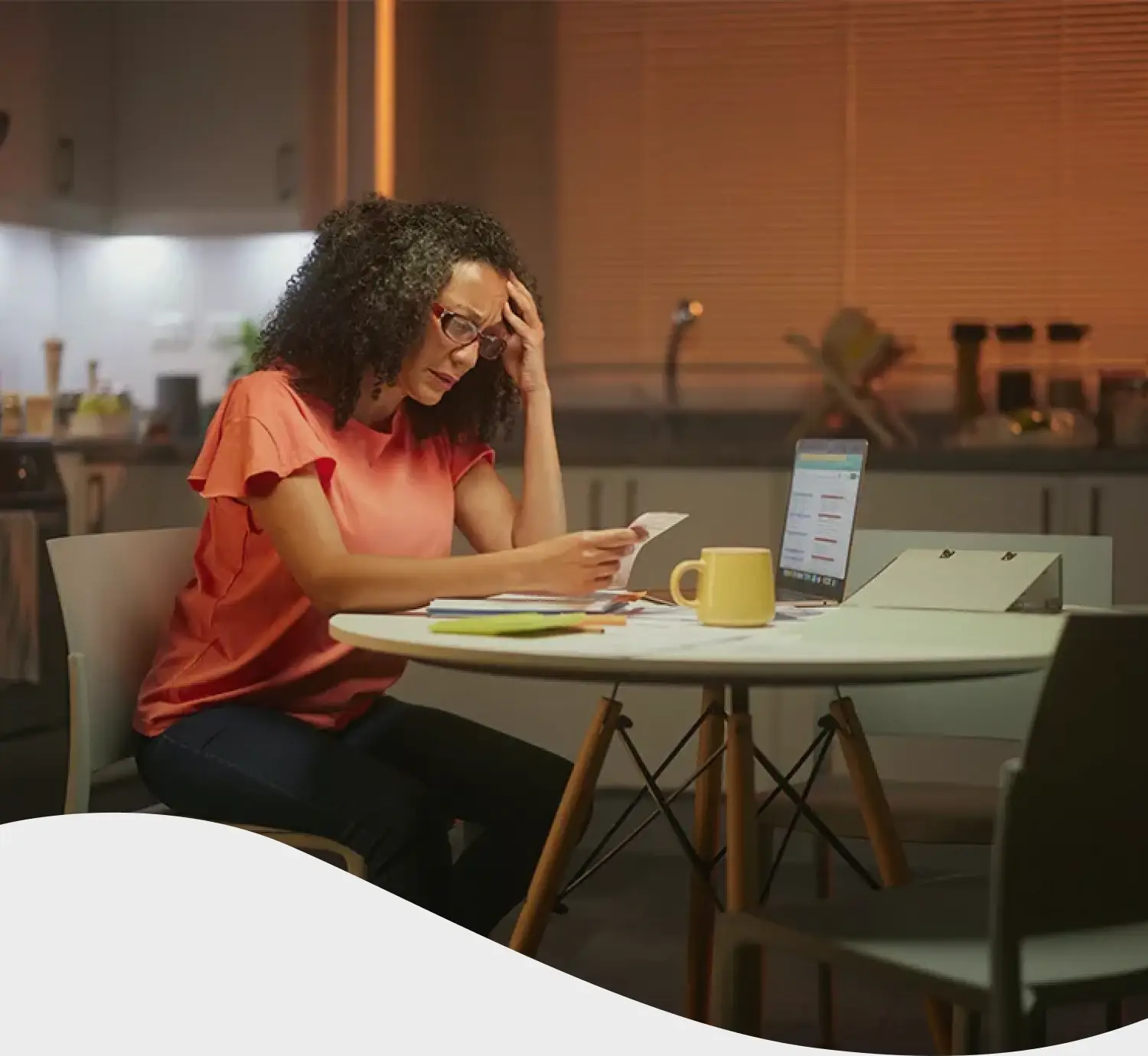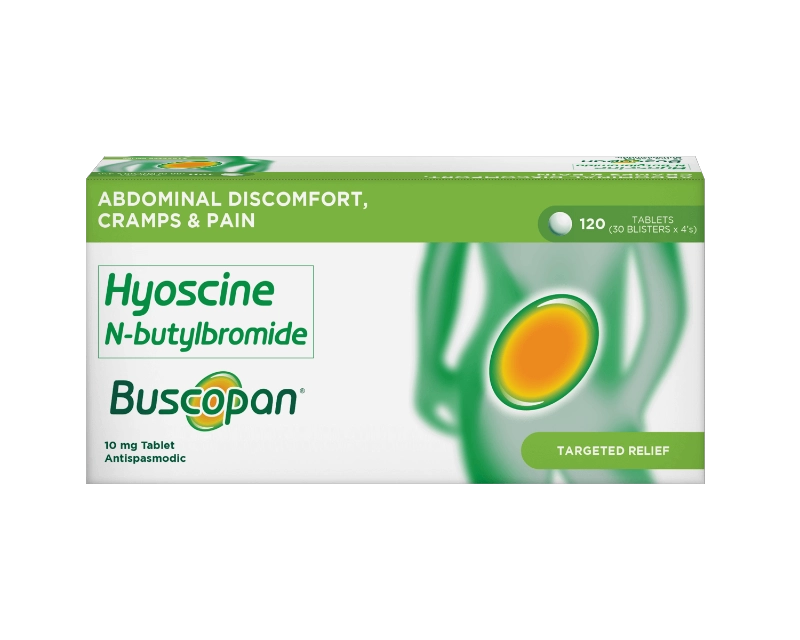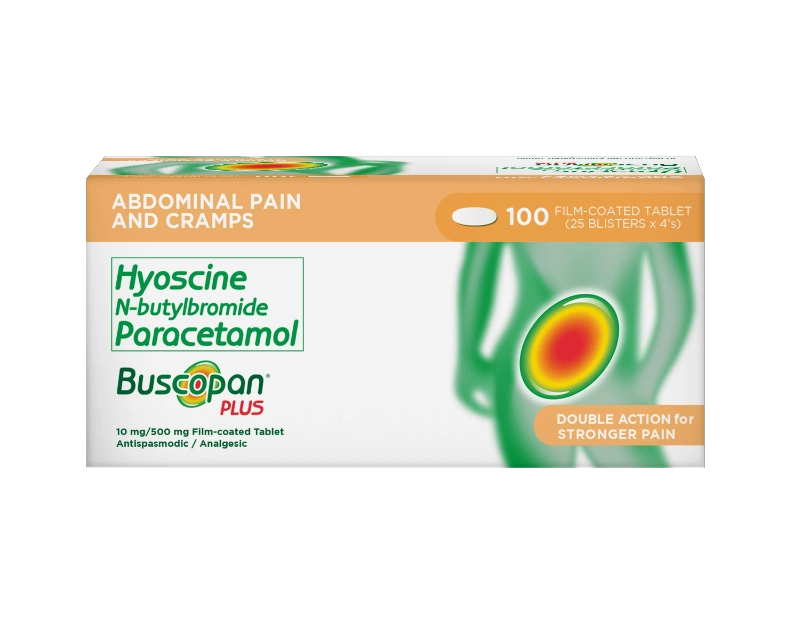
Stress-Related Stomach Pain: How Anxiety Affects Gut Health
We’ve all been there: you're rushing to an important meeting, running late because of unexpected traffic, your phone is buzzing with messages from your boss, when all of a sudden, you're stopped in your tracks. Your belly’s tied in knots. You want to collapse. The pain of an upset stomach is so dull and deep that you instantly question life's meaning. You’ve got abdominal cramping, and it's the kind of stress stomach pain that leaves you feeling helpless.
Stress-related stomach pain, often called stress-induced gastritis or functional dyspepsia, occurs when the brain and gut communicate via the gut-brain axis. High stress levels can increase the production of stress hormones, leading to inflammation and disruptions in the gut's natural balance. This imbalance may lead to symptoms such as bloating, nausea, or diarrhea. Recognizing these connections is key to managing both mental and digestive health effectively.
Stress
Despite the horrific pain, there are times when an actual disease does not cause these debilitating cramps. In these cases, cramps are grouped under “functional abdominal cramping pain” (FACP). But what are the causes and symptoms of this condition, and what can you do about it?
In this article, we shed light on this. It is a knotty topic because it becomes much easier to treat when you understand what causes abdominal cramps, making treatment much more manageable.
Stomach Pain Caused by Stress and Anxiety
Do you find that certain stressful situations bring on abdominal pain? You are not alone. Stomach pain due to stress is linked to the release of ‘fight-or-flight’ hormones, cortisol, and adrenalin.
The ‘fight or flight’ response causes blood to flow from the gut toward the brain and the muscle tissue of the nervous stomach; when this happens, you may experience sudden abdominal pain or diarrhea.
When this stress response is left unmanaged, it can cause elevated cortisol levels in the body. High cortisol levels can contribute to the onset of gastrointestinal symptoms such as excess acid secretion, which may then contribute to acid reflux or dyspepsia (‘indigestion’).
The Gut-Brain Axis
Experts are also beginning to understand the direct connection between the nervous system, the brain, and the gut1. This ‘gut-brain axis’ is a superhighway consisting of the vagus nerve,1 which runs from the brain to the gut, where nerve signals are sent and received. Communication also occurs via a series of hormones1 and other chemicals, some of which are released8 by gut bacteria, aka. the microbiota.
Because gut stress affects your whole body, this two-way network is essential for healthy functioning, However, sometimes, things get out of balance. Emotions linked to stress can cause gut problems1, leading to imbalances that eventually affect the brain.10
Look out for these symptoms of an imbalanced gut-brain connection:
- Heartburn or acid regurgitation1, 4
- Chronic pain relating to eating (dyspepsia)1
- Feeling uncomfortably full during or after a meal, gastric pain or burning1, 5
- Bloating and/or cramping (which may be relieved by defecation)1, 5
- Abdominal pain associated with constipation or diarrhea1, 5
- Lower abdominal pain linked to bloody diarrhea (i.e., symptoms of inflammatory bowel disease)1, 10
If these problems are not treated, there can be long-term health consequences,1 such as increased sensitivity to abdominal pain (as seen with IBS).1
Dealing with Stress-Related
Abdominal Pain
Now that you know what may be causing your abdominal pain, here are some ways to deal with it.
Antispasmodics
Antispasmodics can be helpful in the relief of abdominal pain linked to stress because they relax the spasms and cramps at the source of the pain.
Hyoscine-n-butylbromide (Buscopan®) concentrates in the smooth muscle of the gastrointestinal wall,3 relaxing the spasm to provide rapid pain relief.3 These lactose and gluten-free tablets come in miniature form and are easy to swallow.3
Hyoscine-n-butylbromide + Paracetamol (Buscopan® Plus) is available for intense abdominal pain and cramps.3
For women experiencing menstrual pain, Hyoscine-n-butylbromide + Paracetamol (Buscopan® Venus) is a possible relief for abdominal pain and cramps.3
Buscopan® are well tolerated and has been used to treat abdominal pain for over 70 years.3
Natural Treatment Options
Peppermint oil is a gentle, natural remedy to relieve abdominal pain.2
Simple lifestyle changes can often help with gastrointestinal symptoms.
Quit Smoking
Smoking6 can cause the sphincter muscle (or valve) that controls the lower end of the esophagus to relax too much, allowing acid to travel in the wrong direction. This is known as acid reflux, and it can be made worse by anxiety. Smoking has also been linked to inflammatory gut conditions, as well as many other health problems, so there are many reasons to quit as fast as you can.
Mind Your Eating / Drinking Habits
Drinking alcohol can cause acid-related digestive disorders by increasing acid production in your stomach, which can cause heartburn and aggravate other digestive symptoms.6
Try to get more fiber in your diet.7 Examples of high-fiber foods include porridge oats, brown rice, raisin bran, lentils, split peas, kidney beans, fruit (e.g., pears, apples with skins on) and vegetables (e.g., peas, sweet potato). 7
Maintain a Healthy Weight
If you're overweight, excess abdominal fat can put pressure on your stomach and intestines.11 This may contribute to symptoms such as upper abdominal pain and reflux11 and may also cause diverticular formation11 (small bulges or pockets that can develop in the wall of the intestine, which may become inflamed).
What is the ‘3-3-3 Rule’ for Anxiety?
You may also wish to consider using the ‘3-3-3 rule’ when dealing with your anxiety. This simple exercise can help to focus your mind on the present and stop you from worrying about things that may, or may not, happen in the future.4
The next time you are feeling anxious try looking around your current environment and:4
- Name 3 things you can see
- Name 3 sounds you can hear
- Touch/move 3 things, e.g. your limbs or external objects
Don’t let belly pain hold you back.
Conclusion
Stomach pain due to stress underscores the intricate connection between mental well-being and digestive health. The gut-brain axis facilitates communication between the central nervous and gastrointestinal tract, meaning psychological stress can manifest as physical discomfort in the abdomen. This interplay can lead to symptoms such as bloating, cramping, and altered bowel habits.
Buscopan®, an antispasmodic medication, offers targeted relief by relaxing the gastrointestinal tract's smooth muscles, alleviating stress-related abdominal cramps. Stress-reduction techniques like mindfulness, meditation, and yoga can ease gut-related symptoms by calming the nervous system. Maintaining a balanced diet rich in fiber and staying hydrated also supports a healthy gut microbiome, which plays a crucial role in digestive and mental health.
Find your Hyoscine N-butylbromide
(Buscopan®)
References
- PC Konturek et al. Stress and the gut: Pathophysiology, Clinical Consequences, Diagnostic Approach and Treatment Options. J Pysiol Pharmacol 2011; 62: 591-599
- BMJ Best Practice. IBS What Treatments Work?
- Buscopan Claims Compendium, September 2020. CL-GLB-2000012.
- 333 Rule for Anxiety https://www.healthline.com/health/333-rule-anxiety. Accessed 6.10.22
- Tally NJ, et al. Therapeutic strategies for functional dyspepsia and IBS based on pathophysiology. J Gastroenterol. 2015; 50:601-613.
- NHS Lifestyle Tips for a Healthy Tummy https://www.nhs.uk/live-well/eat-well/digestive-health/five-lifestyle-tips-for-a-healthy-tummy/ Accessed 6.10.22
- Dahl, WJ. Position of the Academy of Nutrition and Dietetics: Health Implications of Dietary Fiber. J Acad Nutr Diet. 2015 115:1861-70.
- Lee Y, Kim YK. Understanding the Connection Between the Gut-Brain Axis and Stress/Anxiety Disorders. Curr Psychiatry Rep. 2021 Mar 12;23(5):22. doi: 10.1007/s11920-021-01235-x. PMID: 33712947.
- Foster, JA, et al. Gut-brain axis: How the microbiome influences anxiety and depression. Trend Neurosci May 2013, Vol 36, 5.
- BMJ Best Practice: Ulcerative colitis
- Obesity Medicine Association. https://obesitymedicine.org/obesity-and-gastrointestinal-impact/ Accessed 6.10.22
- The No-BS Guide to Better Gut Health https://www.self.com/story/how-to-improve-gut-health
- Stress-Related Stomach Pain: How Anxiety Affects Gut Health https://www.buscopan.com/en-ph/about-belly-pain/managing-abdominal/stress-stomach-pain
- The gut-brain connection https://www.health.harvard.edu/diseases-and-conditions/the-gut-brain-connection
If symptoms persist, consult your doctor.
MAT-PH-2500574 / Ver 1.0 / DA 06-2025 / DM 06-2025
Opella Healthcare Philippines Inc.





.webp)
%20(1).webp)
.webp)


.webp)




.webp)


